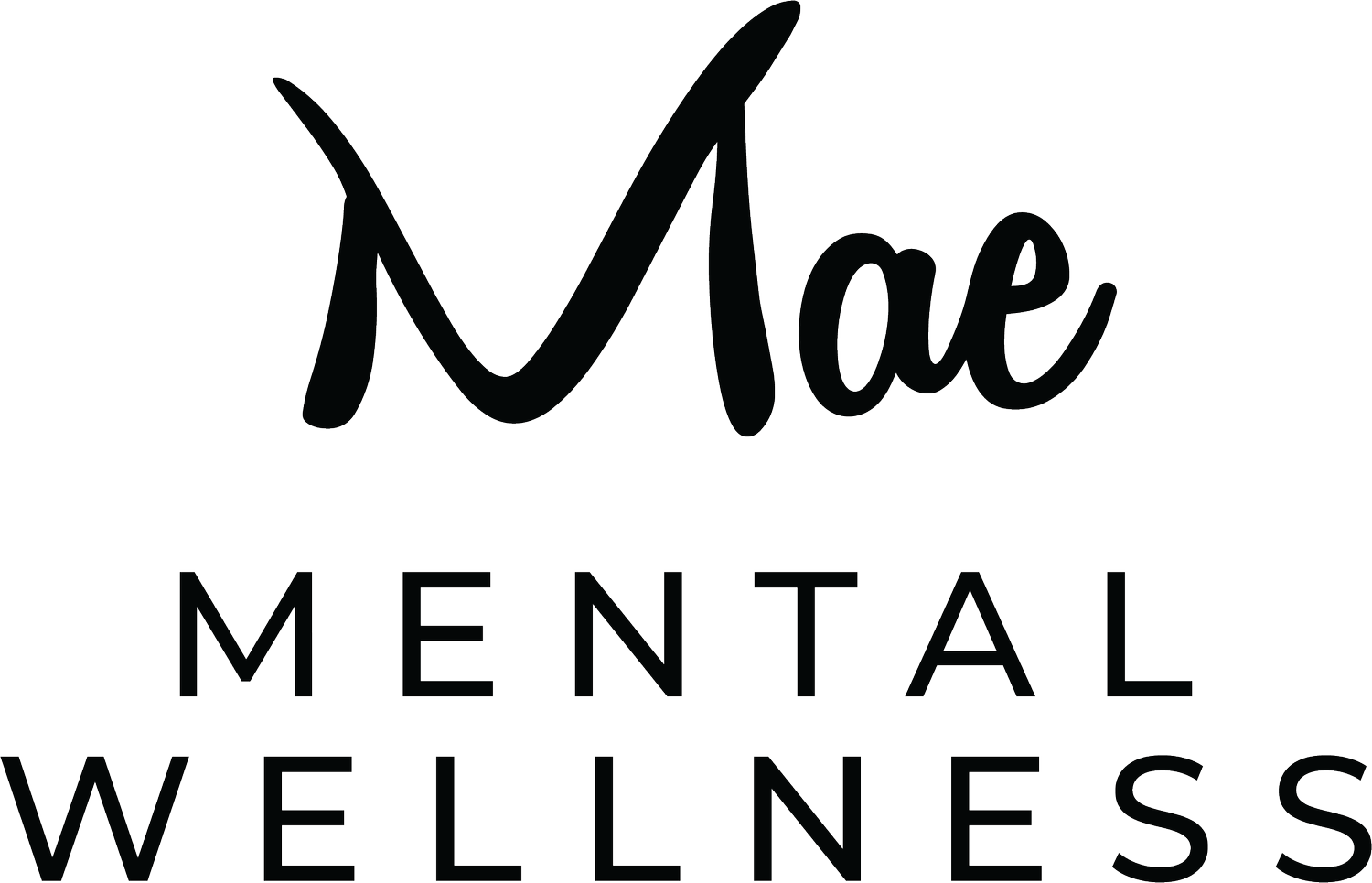How to Spot the Early Signs of Alzheimer’s Disease and Boost Brain Health
Did you know June, in addition to being PTSD Awareness Month, is also Alzheimer’s Disease and Brain Awareness month? According to the 2025 Alzheimer’s Association report, approximately 7.2 million Americans ages 65 and older are living with Alzheimer’s dementia in 2025. This equates to about 1 in 9 seniors, or 11% of the population. Additionally, around 74% of those affected are 75 or older, and nearly two-thirds are women. Even more shockingly, symptoms for Alzheimer’s are said to start up to 20 years before diagnosis.
While wearing purple this month is a powerful symbol of solidarity for Alzheimer’s and Brain Awareness, you might be wondering what else you can do to make a meaningful impact. Whether you're supporting a loved one or safeguarding your own cognitive health, there are several proactive ways to raise awareness, stay informed, and contribute to the community. Let’s explore some impactful steps you can take.
What is Alzheimer’s Disease?
According to the National Institute on Aging, Alzheimer’s Disease is a brain disorder that slowly erodes thinking and memory skills, leading to the loss of the ability to conduct even the simplest daily tasks. Alzheimer’s Disease is the 6th leading cause of death among Americans aged 65 and older, which equates to roughly 33% of the population over 65. As the disease worsens, people diagnosed with Alzheimer’s often rely on loved ones or professional caretakers to get through their everyday life.
Sadly, Alzheimer’s is a fatal disease, resulting in 500,000 deaths in the US alone each year. It is also the only top-10 cause of death in the US without a known cure.
What’s the Difference Between Alzheimer’s and Dementia?
Alzheimer’s Disease can eventually progress to dementia, and is the most common cause of it. Dementia is often used as an umbrella term to describe a decline in mental abilities, that includes a decline in memory, thinking, and social skills. Alzheimer’s is a disease that is neurodegenerative, whereas dementia is a symptom.
How to Spot the Early Signs of Alzheimer’s Disease
Alzheimer’s can be broken down into 3 different stages: early, middle, and late stage.
Early/Mild: At this stage, the person may still be functioning normally, but may be forgetting familiar words or names of people they’ve met. They may also experience trouble with planning and organizing, or misplacing valuable objects.
Middle/Moderate: When symptoms are more moderate, they are more pronounced. The person may confuse words or act angry and erratically. They may experience confusion about what day it is, have trouble controlling their bladder or bowels, or show an increased tendency to get lost.
Late/Severe: In the disease’s final stage, the person may require around-the-clock care and may lose the sense of awareness of their surroundings. They may experience a change in their physical abilities or lose their ability to talk.
Regardless of the stage of the disease, there are always steps you can take to provide comfort, connection, and care.
5 Ways You Can Support a Loved One Diagnosed with Alzheimer’s
Learning that a loved one has Alzheimer’s can leave you feeling overwhelmed and unsure of how to help, but your presence and support can mean everything. Even in the face of this challenging diagnosis, you have the power to be a steady source of comfort and care. Here are five meaningful ways you can support someone navigating life with this degenerative illness.
1. Learn About the Disease
Knowledge is power. Take time to understand the stages of Alzheimer’s, common symptoms, and how the condition progresses. The more you know, the more empathetic and effective you can be in supporting their emotional and practical needs.
2. Create a Safe and Supportive Environment
Establishing routines, reducing clutter, and labeling everyday items can help reduce confusion and anxiety. Keep lighting soft, minimize loud noises, and make sure their home is easy to navigate. Safety is essential, but so is creating a calm and reassuring space.
3. Communicate with Patience and Compassion
As verbal skills decline, communication can become challenging. Speak slowly and clearly, maintain eye contact, and give them time to respond. Avoid correcting or arguing as this can upset them. Validation and kindness go a long way in preserving connection and dignity.
4. Encourage Engagement in Brain-Healthy Activities
Even with cognitive decline, many people with Alzheimer’s still enjoy creative or meaningful tasks. Encourage them to participate in simple activities like listening to music, doing puzzles, gardening, or looking through photo albums. These moments help spark joy and memory.
5. Take Care of Yourself, Too
Supporting someone with Alzheimer’s is emotionally and physically demanding. Don’t forget to care for your own mental health. Lean on support groups, respite care, or professional counseling when needed.
How The Team at Mae Mental Wellness Can Support You
At Mae Mental Wellness, we believe in the power of awareness, compassion, and community support, especially during Alzheimer’s and Brain Awareness Month. Whether you’re a caregiver, a friend, or someone seeking to better understand this disease, know that your efforts to learn, advocate, and care make a real difference. Alzheimer’s may affect memory, but with empathy and support, we can help preserve dignity, connection, and hope.
To book an appointment at Mae Mental Wellness, you can fill out this form or call (561) 231-0233. Learn more about services we offer and which insurance we accept.


